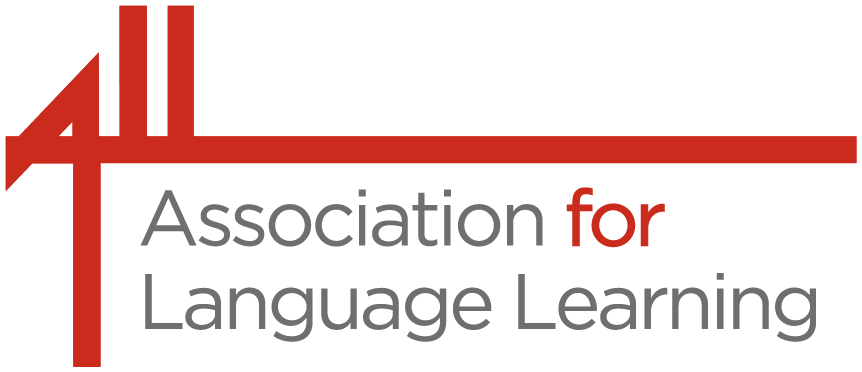The Headlines:
- Across all subjects, entries for A-Levels are down by 1.3% compared to 2012.
- A-Level language entries (including Irish and Welsh) have fallen by 5% overall – they now make up only 3.9% of all subject entries (3.8% discounting Irish and Welsh)
- French and German have fallen by 10% and 11% respectively, following on from 5% and 7% declines last year.
- JCQ claim that ‘facilitating subjects’ are growing in popularity, but this is not true for languages. Rather, it seems that pupils are opting for STEM subjects instead of languages (which is backed up by this year’s Language Trends findings).
- The movement in entries (across all subjects) is accentuating the gender divide. French in particular is heavily biased towards females (70%-30%), German less so (60%-40%).
Impact on particular languages (current numbers in brackets):
- French (11272): down 10% (actually 9.9%) on 2012, making a drop of 26% over 10 years
- German (4242): down 11% (11.1%) on 2012, making a drop of 28% over 10 years
- Spanish (7651): up 4% (4.1%) on 2012, making a 33% increase over 10 years
- Chinese (3326): down 3% on 2012, but has increased by 74% over 10 years – possibly settling after a period of rapid growth?
- Italian (816): down 6% on 2012, making a 3% drop over 10 years
- Welsh (752) (L1&L2 combined): down 12% on last year, and 12% over 10 years
- Russian (1079): up 7%, and up 90% over 10 years
- Urdu (566): down 13%, and down 22% over 10 years
- Polish (900): down 2%, but up 10 fold in 10 years
- Arabic (643): up 6%, up by 150% in 10 years
- Irish (310): up 2%, up by 23% in 10 years
- Turkish (419): up 18%, up 52% in 10 years
- Portuguese (360): up 15%, up by 150% in 10 years
- Japanese (261): down 7%, down by 9% over 10 years
- Dutch (127): down 9%, but has more than trebled in 10 years (trend is now down – maybe reflected influx of Somalis from Holland?)
- Panjabi (189): increase of 3%, also increase of 3% over 10 years, but fluctuating/unclear.
- Persian (164): increase of 6%, and increase of 21% over 10 years
- Modern Greek (122): increase of 10% this year, but decline of 5% over 10 years (small numbers mean that fluctuations not really significant)
- Bengali (56): increase of 4% this year, but after a heavy fall in 2012 – numbers very small and similar to position 10 years ago
- Modern Hebrew (46): same number as last year – fairly stable
- Gujarati (13): declined from 19 last year and 53 at its height in 2004 (always a small entry language).
 Links:
Links:
– Joint Council for Qualifications:
You can view the Joint Council for Qualifications press release, and the JCQ data tables.
– BBC: A-level results 2013: Dip in top grades:
Director of the JCQ Michael Turner said: "The continued rise in subjects such as the sciences, maths and the extended project will be welcomed. However, that so few students take a language at A-level is disappointing and although Spanish continues to show growth, the overall trend remains downwards."
http://www.bbc.co.uk/news/education-23695270
– Independent: A-level results 2013: Number of top grade passes drops for second year running
The take-up of languages continued to decline. Although Spanish increased by 4.1 per cent, entries for French and German declined by 9.9 per cent and 11.1 per cent respectively.
